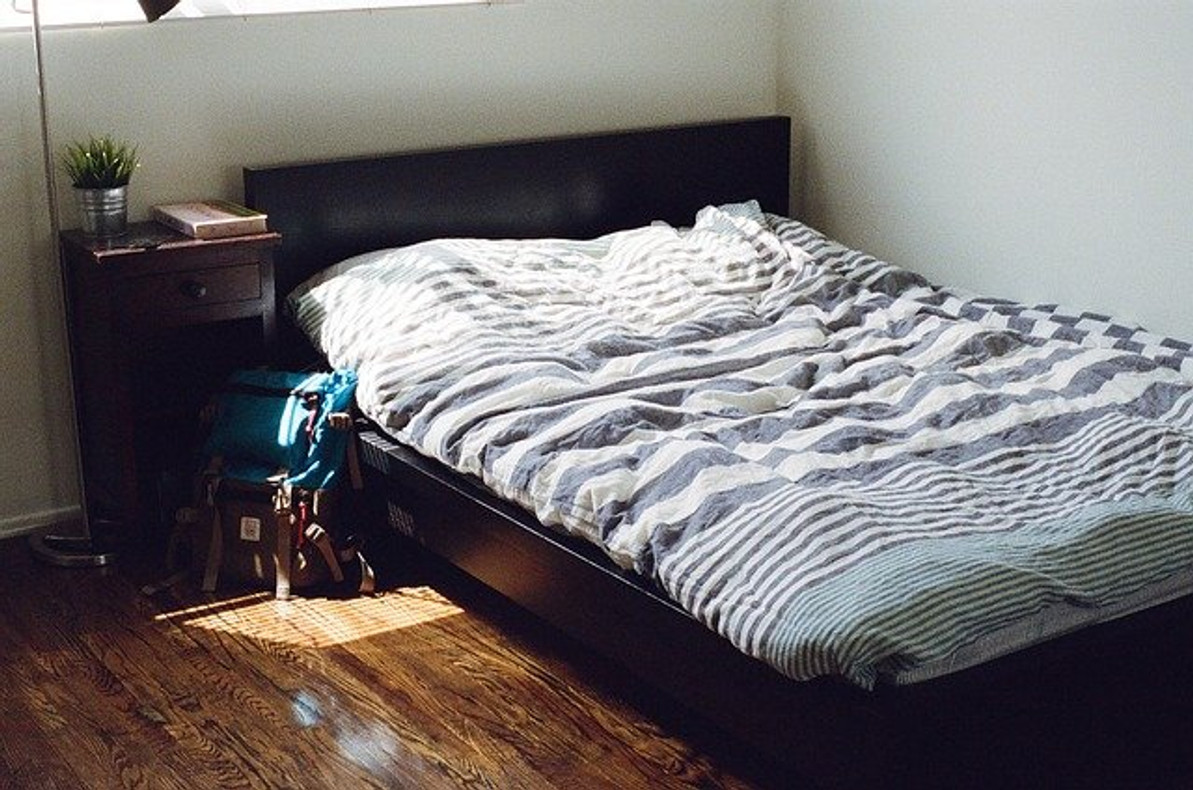Should You Sleep on Your Stomach, Side or Back?
Do you struggle to get a sufficient amount of sleep at night? You aren't alone. According to the U.S. Centers for Disease Control and Prevention (CDC), one in three adults don't get enough sleep at night. While sleeping disorders can be attributed to a variety of causes, you might be surprised to learn that the position in which you sleep can affect your sleep quality.
There are three primary positions in which you can sleep: you can lie on your sleep, lie on your side or lie in your back. Chances are you've tried all three positions at some point during your life. Even if they seem similar, though, different sleep positions can have a different effect on your sleep quality.
Sleeping on Your Stomach
Most experts agree that the worst position is sleeping on your stomach. When sleeping on your stomach, your face will be planted in the center of the pillow, which can make it difficult to breathe. Furthermore, it will twist your spinal column.
Sleeping on your stomach will essentially bend on your back so that your spinal column twists unnaturally. When you wake up in the morning, you may experience back pain as a result.
Sleeping on Your Side
Rather than sleeping on your stomach, you may want to sleep on your side. Research shows that it's the most popular sleeping position. Nearly three-fourths of adults, in fact, sleep on their side.
You can sleep on either your right side or left side. Regardless, it won't twist your spinal column. Sleeping on your spine will maintain your spinal column's original shape and natural curvature, thereby protecting you from morning-time back pain.
Sleeping on Your Back
Another option is sleeping on your back. It's the second-most popular sleeping position. You can rest assured knowing that it won't cause back pain. When sleeping on your back, you'll maintain your spinal column's natural curvature -- much like sleeping on your side.
With that said, sleeping on your back may contribute to nasal congestion for some people. Your sinuses may not be able to drain when sleeping on your back. Over the course of a seven-hour night, this can lead to fluid buildup in your sinuses. Sleeping on your side, on the other hand, will allow your sinuses to drain more easily.
Regardless, if you suffer from chronic congestion, you may want to sleep on your side. If sinus congestion isn't an issue for you, you can either sleep on your side or your back.
Recent Posts
-
Fire Safety in the Workplace: What You Need to Know
What steps are you taking to prevent fires in your workplace? According to the U.S. Occupational Saf …Aug 23rd 2023 -
Is It Safe to Go Jogging With a Cold Infection?
If you're suffering from a cold infection, you might be wondering whether it's safe to go jogging. T …Aug 22nd 2023 -
5 Safety Tips to Follow When Using a Powder-Actuated Tool
Powder-actuated tools are commonly used to join materials to steel and concrete. Also known as Hilti …Aug 20th 2023




